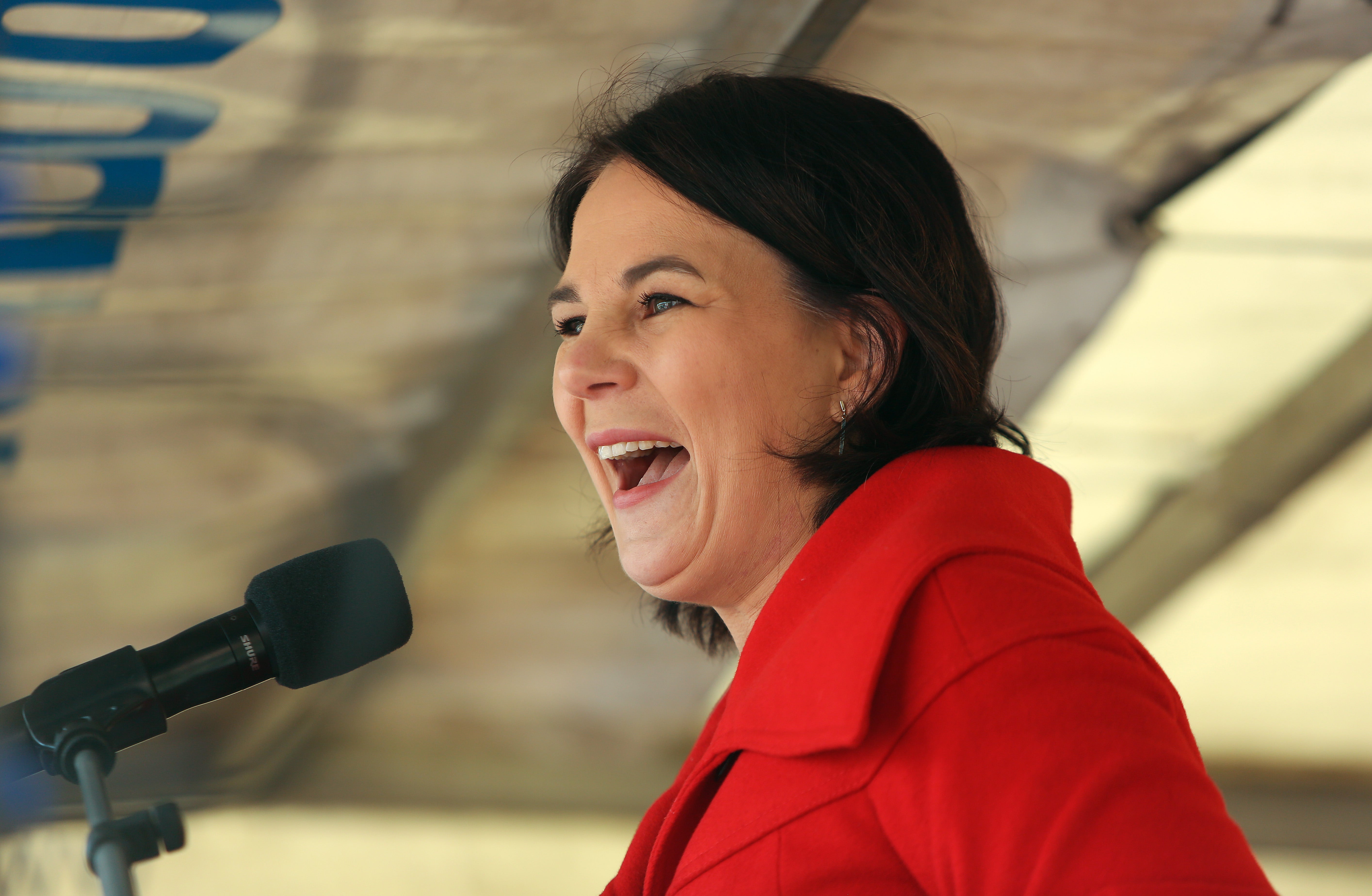Green Party surge: Is it linked to high levels of public concern over the climate crisis?
Concern over our planet’s future is likely to be just one of the key factors behind the Greens’ recent election success, experts and politicians tell Daisy Dunne


As the dust settles on the latest set of local elections, the Green Party is walking away with cause for celebration. The party gained nearly 90 councillors across England after Thursday’s vote – its best-ever performance.
A surge in Green support was recorded across the nation, including in major cities such as Oxford, Sheffield and Bristol, and in suburban areas such as Stockport, Hastings and South Tyneside. In London, co-leader Sian Berry achieved the party’s best-ever result, coming in third place in the mayoral race with 8 per cent of first-preference votes.
In the year of Cop26 – a set of key climate talks being hosted in the UK in November – it is “very plausible” that a high level of public concern over the climate crisis played a role in the Greens’ success, experts tell The Independent.
However, climate concern is likely to be just one in a complex set of factors behind the increase in Green support, they add. Other key drivers could be disaffection with mainstream parties, growing interest in social justice issues and a desire for a Covid recovery that focuses on health and well-being over economic profit.
Speaking to The Independent on Monday, Ms Berry agrees that the party’s recent success extends beyond concerns over the climate crisis.
“Certainly, in the year of Cop26, when we are seeing the impact of climate change more and more, that’s clearly going to rise in people’s concerns,” she says.
“But I think it goes with a broader question of resilience. People are worried about not only climate risks but also how we’re going to recover from the pandemic and the shoddy state of our homes.
“So I think it’s a broader want for building a healthy and sustainable future – not just sustainable as in ‘green’ – that people are coming to us for. And those are reasons to vote Green, which I think will persist.”
Professor Peter Newell, a specialist in politics and the environment at the University of Sussex, says that concerns over the “growing gap between rhetoric and reality” from the government on the climate crisis could have influenced voters’ decision-making.
“I think, for some people, climate is still a sort of driving concern but I think there’s an element of disaffection with Labour and the Lib Dems for not taking environmental issues so seriously,” he tells The Independent.
“The Greens are strong on social justice issues as well. They’ve been emphasising the need for a universal basic income as part of the recovery from Covid. Caroline Lucas has also been very vocal on the need for a green new deal that prioritises jobs, and retrofitting housing.
“That for me suggests they’re drawing in other voters who have different concerns. It’s not just around the environment and climate. The Covid moment has contributed to that – a sense of the need to prioritise health and well-being over profit at any cost.”

He adds that the growing success of other green parties across Europe could be helping to elevate the status of the Green Party in England and Wales. (Ahead of a national election in September, Germany’s once-fringe Green party is currently polling ahead of Chancellor Angela Merkel’s centre-right bloc.)
“Greens on the rise across Europe and elsewhere suggests they are reaching maturity as a political force,” he says. “And so people see [voting Green] increasingly not as a wasted vote but as part of a rising ride.”
Leo Barasi, author of The Climate Majority, agrees that support for the Greens is likely being driven by a range of factors.
“It’s very plausible that [climate] is a factor,” he tells The Independent. “It would be surprising if there was no relationship in growth of support for the party that’s best-known for its concern about the environment and the simultaneous growth in concern about the environment. But I think it’s probably not as simple as that.”
He adds that public concern over the climate crisis has remained at a high level in the UK since around 2018. “It’s pretty evenly spread across demographics – age, economic status and education,” he says.
“With Covid, support has drifted down a little but not very much. People are still seeing it as one of the top issues.”
Join our commenting forum
Join thought-provoking conversations, follow other Independent readers and see their replies
Comments